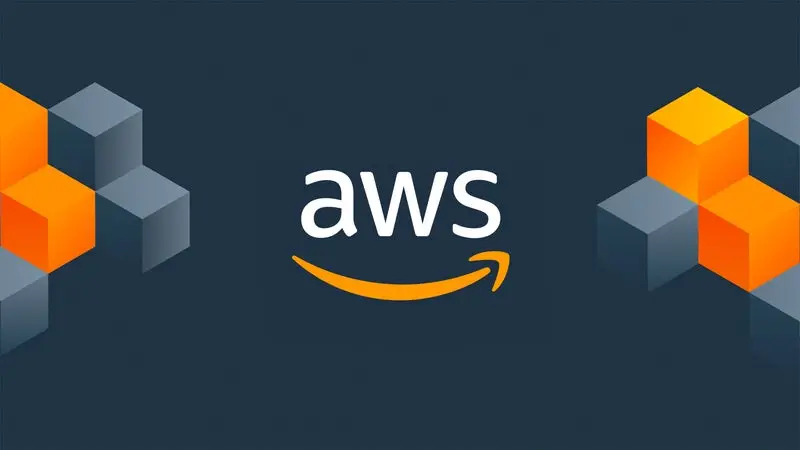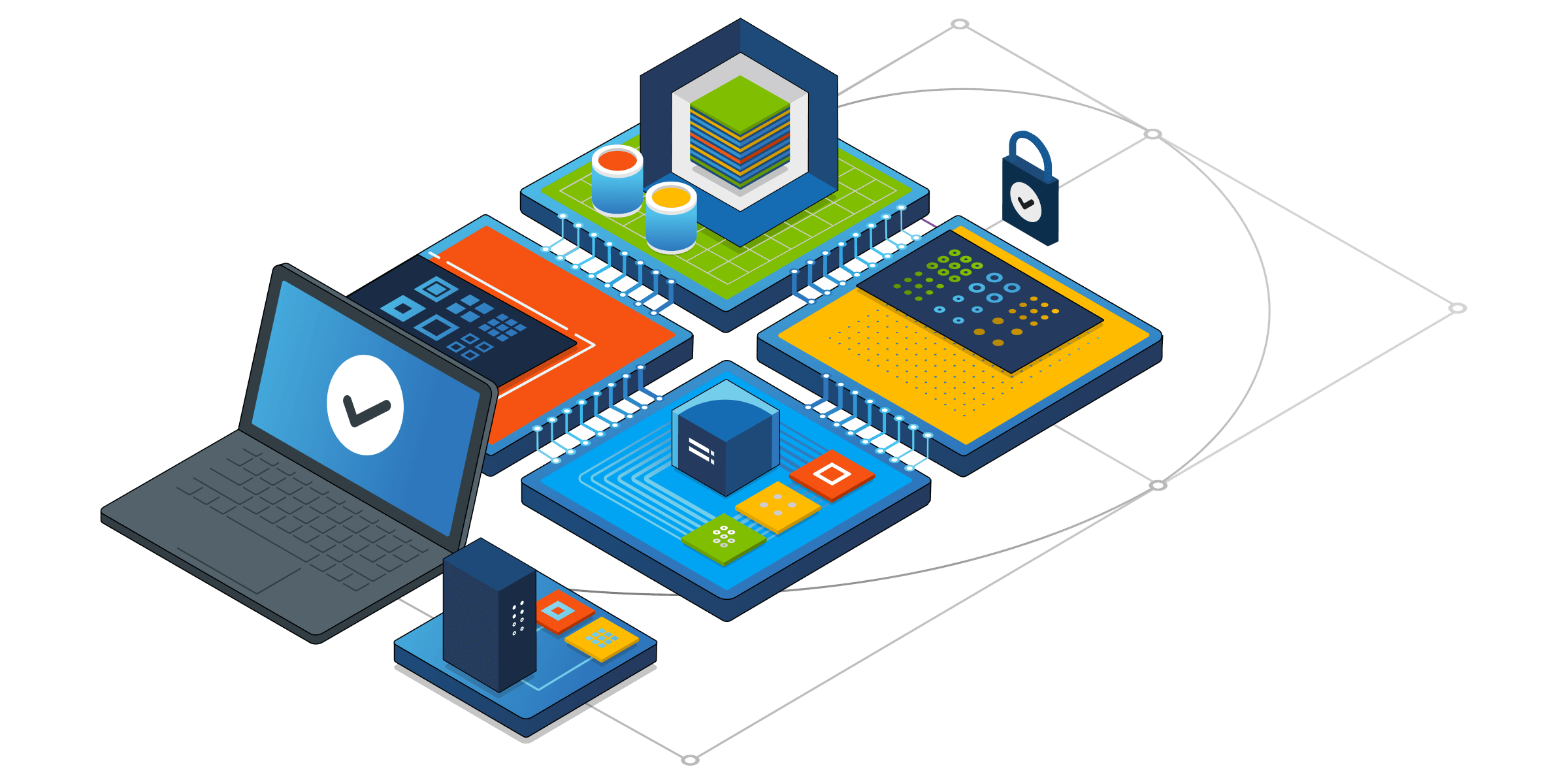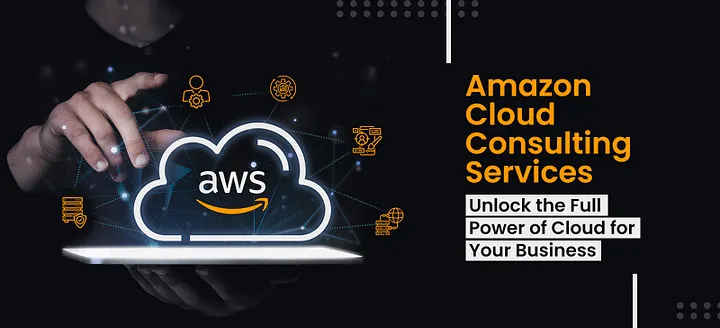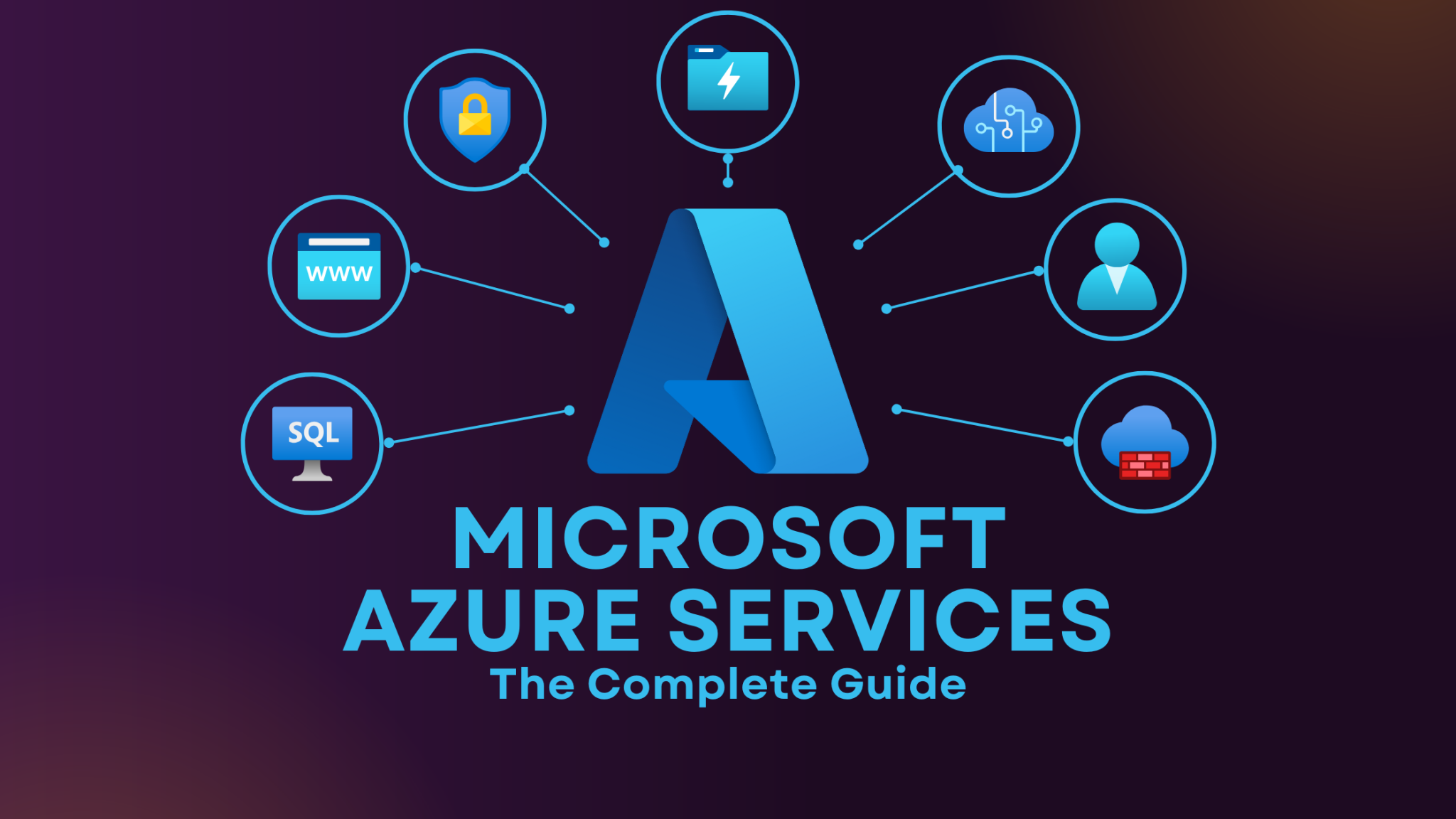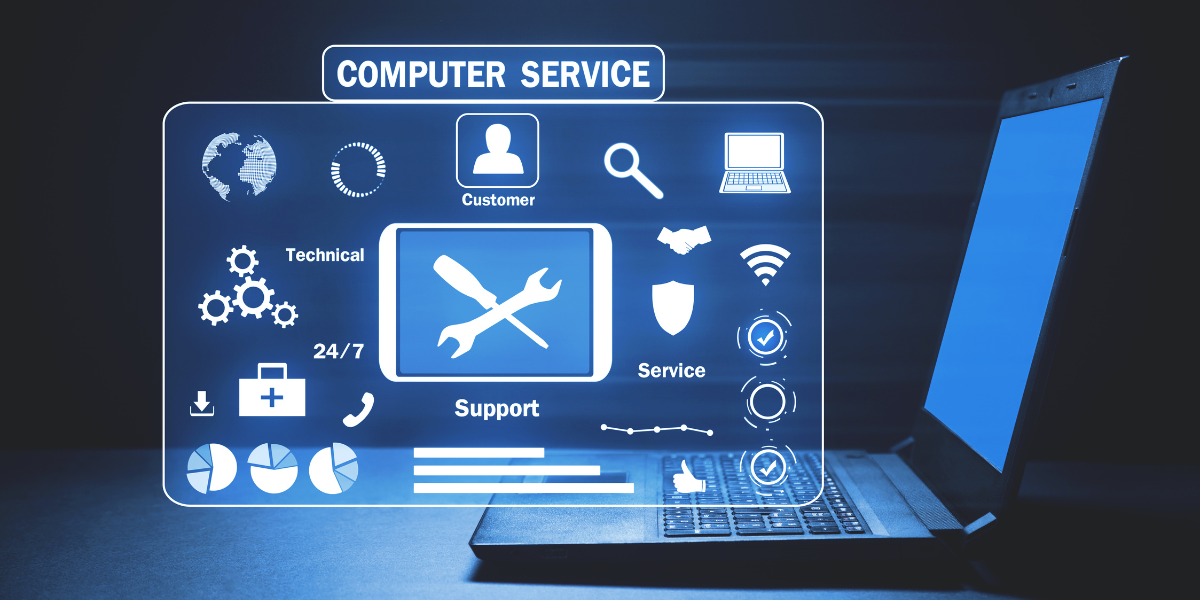What Are Managed IT Services?
Managed IT services refer to the practice of outsourcing IT management to a third-party IT service provider. These providers handle various IT functions, including IT infrastructure management, network management, cybersecurity management, and cloud-managed services. Businesses use managed IT solutions to ensure their systems run smoothly, securely, and efficiently without needing a large in-house IT team.
With remote IT monitoring and 24/7 IT support, businesses can detect and resolve technical issues before they become critical. This proactive approach ensures business continuity and reduces downtime, improving operational efficiency. IT outsourcing allows companies to focus on core business functions while an experienced provider handles IT concerns.
How Do Managed IT Services Benefit Businesses?
One of the key advantages of managed IT services is IT cost reduction. Businesses no longer need to invest heavily in IT infrastructure, hiring, and training. A managed IT service provider offers predictable pricing, reducing unforeseen expenses while ensuring high-quality service.
Another benefit is proactive IT management, which includes remote IT monitoring, system updates, and IT security solutions. Instead of waiting for an IT issue to disrupt operations, managed IT providers detect and fix vulnerabilities early. This results in better system reliability, stronger security, and improved efficiency.
What Is Included in Managed IT Services?
Managed IT services cover a wide range of technology solutions tailored to business needs. These services typically include IT support solutions, cybersecurity management, network management, and IT consulting. Companies also benefit from cloud-managed services, which ensure secure cloud storage, remote access, and seamless collaboration.
Moreover, IT infrastructure management involves server maintenance, software updates, and system optimization. Businesses looking for business continuity strategies also gain access to backup and disaster recovery solutions. Managed IT providers ensure data security and system uptime while reducing operational risks.
How Do Managed IT Services Improve Cybersecurity?
Cyber threats continue to evolve, making IT security solutions a critical component of managed IT services. With cybersecurity management, businesses get continuous monitoring, threat detection, and data encryption. Managed IT providers ensure protection against malware, ransomware, and unauthorized access.
Additionally, proactive IT management ensures that security patches and software updates are implemented regularly. Managed IT services also include network management, firewall configuration, and endpoint security. By strengthening security measures, businesses can prevent data breaches and maintain regulatory compliance.
How Do Managed IT Services Reduce IT Costs?
Investing in an in-house IT team can be costly, especially for small and medium-sized businesses. IT outsourcing allows companies to access expert services without the high expenses of full-time IT staff. With a managed IT service provider, businesses pay a fixed monthly fee, ensuring cost predictability.
Furthermore, IT infrastructure management ensures optimized IT resources, eliminating unnecessary expenses. Managed IT providers use remote IT monitoring to prevent costly downtime and cyber threats. By outsourcing IT functions, businesses improve efficiency while reducing operational and maintenance costs.

What Industries Benefit the Most from Managed IT Services?
Industries that rely heavily on technology can benefit significantly from managed IT services. Sectors such as healthcare, finance, retail, and manufacturing require robust IT security solutions, business continuity strategies, and IT support solutions.
Healthcare providers, for instance, need cybersecurity management to protect sensitive patient data. Financial institutions use network management and IT infrastructure management to secure transactions and prevent cyber threats. Retailers benefit from cloud-managed services and remote IT monitoring to maintain seamless e-commerce operations.
How Do Managed IT Providers Ensure Data Security?
Data security is a top priority for any business, and managed IT services offer comprehensive protection. IT service providers implement advanced IT security solutions such as multi-factor authentication, intrusion detection systems, and encrypted data storage.
Additionally, managed IT providers conduct regular security audits and vulnerability assessments. With cybersecurity management, businesses can stay ahead of threats and maintain compliance with industry regulations. Remote IT monitoring ensures continuous surveillance, detecting anomalies before they escalate into major security breaches.
What Is the Difference Between Managed IT Services and In-House IT Support?
Many businesses debate between hiring an in-house IT team or outsourcing to a managed IT service provider. The key difference lies in cost and expertise. In-house IT teams require salaries, training, and hardware investments, whereas IT outsourcing provides expert services at a fraction of the cost.
Another distinction is the level of proactive IT management. In-house teams may handle issues reactively, while managed IT services focus on prevention through remote IT monitoring and regular updates. Additionally, 24/7 IT support from managed providers ensures round-the-clock assistance, unlike traditional in-house teams with limited availability.
How Can Managed IT Services Improve Business Productivity?
Efficient IT operations directly impact business productivity. With managed IT services, companies benefit from minimized downtime, optimized system performance, and business continuity strategies. Automated processes, such as cloud backups and remote IT monitoring, ensure smooth workflows without disruptions.
Moreover, IT consulting helps businesses align technology with strategic goals. Managed IT providers also offer employee training and IT support solutions, enabling teams to use technology effectively. By outsourcing IT needs, businesses can focus on growth and innovation while their IT service provider ensures system reliability.
We understand that each business has unique challenges and goals. We tailor our services to meet your specific needs, focusing on providing measurable results and significant impact at every turn.
SPRING IT SERVICES Tweet
What Should You Look for in a Managed IT Service Provider?
Selecting the right IT service provider requires careful consideration. Businesses should look for providers with expertise in IT security solutions, cloud-managed services, and network management. A reliable provider should offer 24/7 IT support, scalability, and a track record of success.
Additionally, the best managed IT services include cybersecurity management, IT infrastructure management, and business continuity planning. Look for a provider that aligns with your industry’s compliance needs and offers proactive IT management to ensure optimal performance and security.
Conclusion
Managed IT services provide businesses with cost-effective, scalable, and secure technology solutions. By leveraging IT outsourcing, companies benefit from proactive IT management, IT security solutions, and business continuity planning. Whether you need 24/7 IT support, cloud-managed services, or cybersecurity management, choosing the right IT service provider ensures long-term success.
Investing in managed IT services helps businesses enhance productivity, strengthen security, and reduce IT costs. By selecting a provider that offers tailored IT support solutions and network management, organizations can achieve seamless operations and sustainable growth. If you’re considering managed IT solutions, now is the time to take action and secure your business’s digital future.







